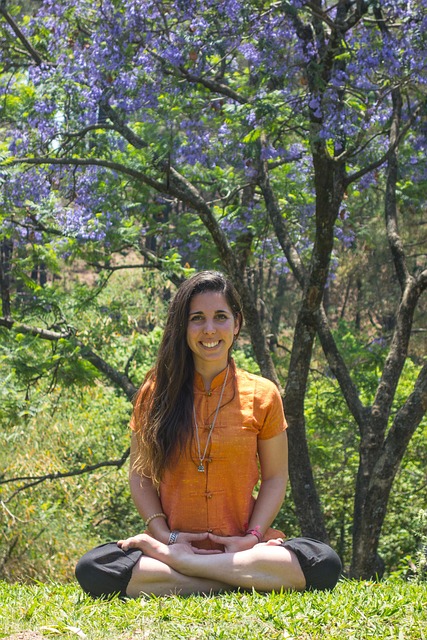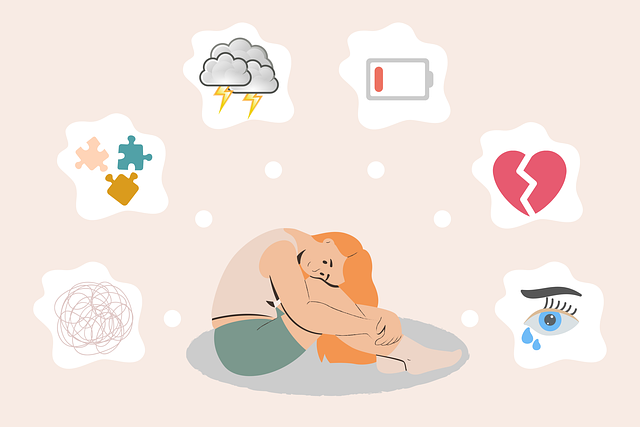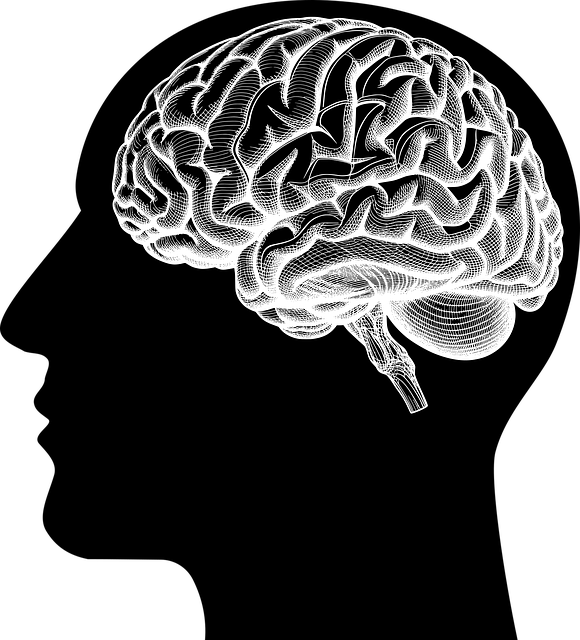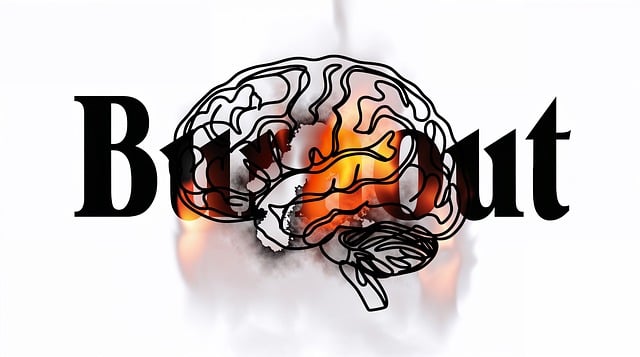In Castle Rock, blended family therapy addresses unique mental health challenges faced by diverse households through education, open dialogue, and holistic approaches. By reducing stigma, these programs empower families to navigate complex emotions, improve communication, and foster a supportive environment for everyone's mental wellness. Through collective action, including awareness campaigns, burnout prevention, and community initiatives like support groups and podcasts, Castle Rock Blended Families Therapy helps build a more inclusive society where seeking help is normalized.
Mental illness stigma remains a significant barrier to individuals seeking help. This article explores several facets of this pervasive issue, offering insights into its profound impact on blended families and providing practical strategies for reducing stigma in everyday life. We delve into the unique challenges faced by these families and introduce the holistic Castle Rock Blended Families Therapy model. Additionally, we emphasize the power of supportive communities in breaking down barriers, fostering understanding, and encouraging open conversations about mental health.
- Understanding Stigma: A Barrier to Seeking Help
- The Impact on Blended Families: Unique Challenges
- Castle Rock Therapy Approach: A Holistic Model
- Strategies for Reducing Stigma in Everyday Life
- Fostering Supportive Communities: Breaking Down Barriers Together
Understanding Stigma: A Barrier to Seeking Help

Stigma surrounding mental illness can create a significant barrier to individuals seeking much-needed support and treatment. This societal stigma often leads to feelings of shame, fear, and embarrassment, causing many to hide their struggles or avoid reaching out for help. The impact is profound, especially for vulnerable populations such as blended families, where complex dynamics may exacerbate existing mental health challenges. At Castle Rock Blended Families Therapy, we recognize the critical role we play in reducing stigma through education and open dialogue.
Public awareness campaigns are a vital tool in this endeavor. By fostering understanding and empathy, these campaigns can help dispel myths and misconceptions about mental illness. Additionally, burnout prevention strategies for healthcare providers are essential to ensure professionals remain compassionate and effective in supporting individuals facing mental health issues. Encouraging self-care practices within communities can also contribute to a more supportive environment where seeking therapy is normalized and viewed as an act of self-preservation rather than a sign of weakness.
The Impact on Blended Families: Unique Challenges

In Castle Rock blended families, mental illness stigma reduction efforts are crucial to fostering an environment of understanding and support. These families often face unique challenges due to the diverse range of individuals and experiences within their units. With step-parents, biological parents, and children from different backgrounds, maintaining open communication about mental health becomes a complex task. Misunderstandings and stereotypes can easily arise, leading to a lack of empathy and increased stigma.
Blended families may require specialized therapy approaches that cater to these complexities. Castle Rock blended family therapy programs focus on improving emotional regulation and coping skills development for all members. Through these programs, families learn effective strategies to navigate mental wellness coaching together, ensuring every individual feels heard and valued. This collective effort not only reduces stigma but also strengthens the family’s overall resilience.
Castle Rock Therapy Approach: A Holistic Model

The Castle Rock Therapy Approach is a holistic model designed to address mental health challenges within the context of an individual’s entire life, including their family dynamics and social environment. This approach recognizes that mental wellness isn’t solely an internal struggle but is deeply intertwined with our relationships and surroundings. For blended families, where individuals may be navigating complex emotional landscapes due to step-parents, half-siblings, or previous relationships, this model becomes particularly relevant.
By focusing on self-esteem improvement and emotional intelligence, Castle Rock Blended Families Therapy aims to empower each member of the family unit. Through tailored strategies, participants learn to manage stress, regulate emotions, and enhance communication, fostering a supportive environment that promotes mental wellness. This holistic perspective ensures that any improvements in mental health are sustained and integrated into everyday life, creating a stronger, more resilient family dynamic.
Strategies for Reducing Stigma in Everyday Life

Reducing stigma around mental illness requires a collective effort and consistent strategies in everyday life. Education is a powerful tool; sharing personal stories and raising awareness can help dispel myths and misconceptions. Encouraging open conversations about mental health, much like discussing physical well-being, can normalize these discussions and make it easier for individuals to seek support without fear of judgment.
Castle Rock Blended Families Therapy promotes this by offering a safe space for clients to explore their emotional landscapes. Similarly, Burnout Prevention Strategies for Healthcare Providers emphasize the importance of self-care and resilience in professionals who often bear witness to mental health struggles. Incorporating Emotional Healing Processes into daily routines can also foster mental wellness; whether through therapy, support groups, or accessible Mental Wellness Podcast Series Production, these initiatives contribute to a culture that embraces and supports individuals navigating their mental health journeys.
Fostering Supportive Communities: Breaking Down Barriers Together

Building supportive communities is a powerful strategy to reduce stigma surrounding mental illness. By fostering an environment where individuals feel understood and accepted, we can break down barriers that often isolate those struggling with their mental health. Castle Rock Blended Families Therapy, for instance, serves as a model for community-based support by providing a safe space for families dealing with mental illness. This approach encourages open dialogue, education, and mutual understanding, thereby reducing the stigma associated with seeking help.
Collaborative efforts, such as Trauma Support Services and Mental Wellness Podcast Series Production, play a pivotal role in this process. These initiatives offer valuable resources that promote mental wellness and provide platforms for sharing experiences and knowledge. Through storytelling and open conversations, communities can dispel myths and misconceptions about mental illness. By embracing these strategies, we collectively contribute to creating a more inclusive society where individuals are empowered to manage their mood and seek the help they need without fear of judgment.
Mental illness stigma is a pervasive issue, especially within blended families, where unique challenges arise. However, by understanding and addressing this barrier, we can create a more supportive environment using approaches like Castle Rock Blended Families Therapy. Through holistic models, everyday strategies, and fostering communal support, we can break down barriers and encourage open conversations about mental health. Remember that reducing stigma is a collective effort that enables individuals to seek help and lead healthier lives.













